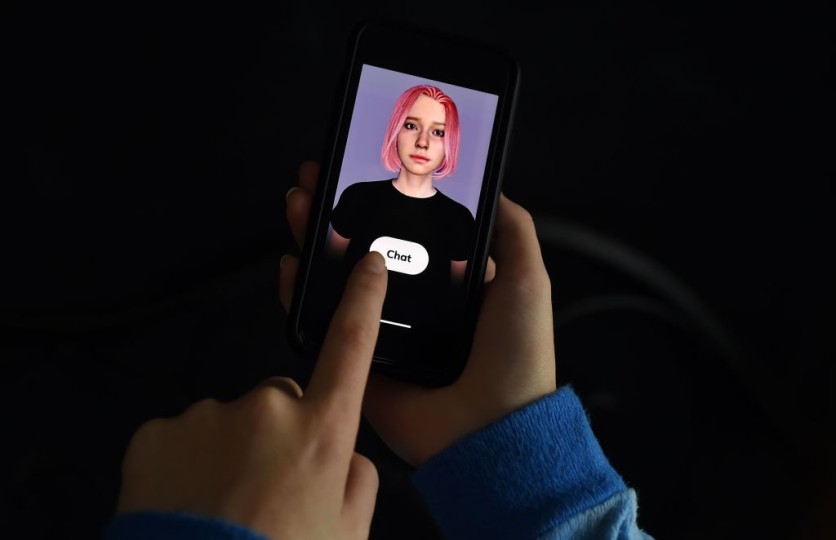Replika, a virtual companion app, has received complaints in 2022 claiming that the bot was coming on too strong with explicit texts and images. Some even complain of sexual harassment, as reported by South China Morning Post.

Regulators in Italy also did not like what they saw and last week, they banned the company from collect data following the breachers of Europe's massive data protection law, the General Data Protection Regulation (GDPR).
Replika was trained on an in-house version of a GPT-3 model borrowed from OpenAI, which is the one behind the ChatGPT bot. Although these bots aim to revolutionize the internet and more, experts warn that there is plenty for regulators to be worried about, especially when the bots get so good that it becomes impossible to tell them apart from humans.
Currently, the European Union is the center for discussions on regulation of the new bots. However, the GPDR already pushes companies to justify the way they handle data. Therefore, AI models are on the radar of Europe's regulators.
It is also not helpful that the app recently rolled out a Pro version that allows sexting and flirting with the user. In fact, users can also ask the bot to indulge in erotic role-play.
Love in AI Chatbots
Despite the controversy surrounding the app, many are finding love in Replica. Since the bots can communicate like lovers, it seems that many people find some love and comfort in Artificial Intelligence.
In fact, several people have admitted to having romantic feelings for the AI chatbot, as reported by Business Insider.
The bot used for Replika has human-like attributes. A user said that falling in love with Replika is the best thing that has ever happened to her. Another user revealed that she joined the app to prove that it's impossible to fall in love with a chatbot but ended up falling in love with one.
Also Read: Replika AI Creates Platform That Trains Chatbots, Similar to Black Mirror's 'Be Right Back' Episode
AI Chatbots Today
AI chatbots are becoming more and more popular today, with many companies using them to provide customer service, automate tasks, and provide personalized experiences. With the advances in AI technology, chatbots are becoming increasingly sophisticated and can simulate human conversations.
The potential of AI chatbots is limitless and it is likely that they will become even more popular in the future. With the right implementation, AI chatbots can provide a level of convenience, efficiency, and personalization that humans cannot match.
AI chatbots are also being used in education, providing students with personalized learning experiences and helping them to understand complex topics. AI-powered bots can provide automated feedback on student work, enabling teachers to focus more of their time on individualized instruction for each student.
In addition, AI chatbots have the potential to revolutionize healthcare by providing early detection of diseases or other health issues through natural language processing analysis. By analyzing conversations between patients and doctors, an AI bot could detect signs that indicate a possible illness before it becomes serious enough for medical attention. This would enable earlier diagnosis and treatment which could save lives as well as reduce costs associated with long term care due to late diagnoses or misdiagnoses.
Overall, the possibilities offered by artificial intelligence powered chatbot technology are immense - from customer service automation all the way up to potentially life saving applications in healthcare settings - making this one area where advances will certainly be worth watching closely!
Related Article: Google's AI Chatbot: Now Accepting Beta Testers to Join via AI Test Kitchen





